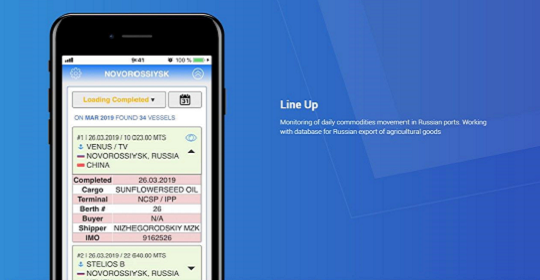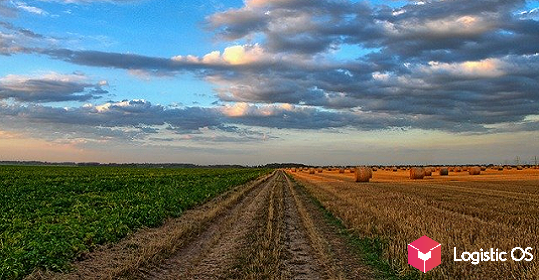The department extended the quota from November 30, 2023 to May 31, 2024. The new quota is set at 17 million tons.
It recently became known that the Ministry of Agriculture has extended the restrictive measures for exporters, because it believes that they help stabilize the situation on the domestic Russian fertilizer market.
At the same time, the department met exporters halfway and increased the maximum export volumes of fertilizers.
True, some experts believe that this does not make much sense. So far, only 60% of the quota, which is valid until the end of November, has been selected, and it is obvious that exporters will not have time to fully select it.
The same will likely be true for the new quota.
In general, the market is now in such a state that no special regulatory measures are required, experts say.
For example, world prices for fertilizers are quite low, so producers do not have a strong desire to sell their products abroad.
As noted by the Minister of Agriculture of the Russian Federation Dmitry Patrushev, in general, the situation with fertilizers is now stable.
Work in the fields is being completed, the purchase of fertilizers is proceeding smoothly and is mostly completed. Russian agricultural producers purchased above the plan and more than at the same date last year.
Fertilizer manufacturers note that farmers have now already purchased 99% of the fertilizers they will need for spring work, and are already purchasing for future use.
Therefore, there is not even a hint of a shortage on the domestic Russian market.
As for prices, they also decreased compared to last year. At the same time, Russian enterprises have the opportunity to purchase at prices 10-20% lower than export prices.
At the same time, the FAS and other relevant agencies are going to monitor prices to prevent unreasonable growth.
Farmers do not have enough funds
However, there is still a problem: domestic agricultural producers do not have enough money to buy the necessary fertilizers in the required volumes.
For this reason, the following trend is already noticeable: although purchase volumes are generally maintained, the emphasis is shifting towards simple fertilizers — more affordable, but less effective.
In the future, this may lead to a decrease in the yield in the fields where these fertilizers are applied.
How exactly to resolve this issue is still unclear. But it is obvious that setting quotas for the export of fertilizers from the Russian Federation and other export regulation is unlikely to help solve the problem of lack of working capital among farmers.

